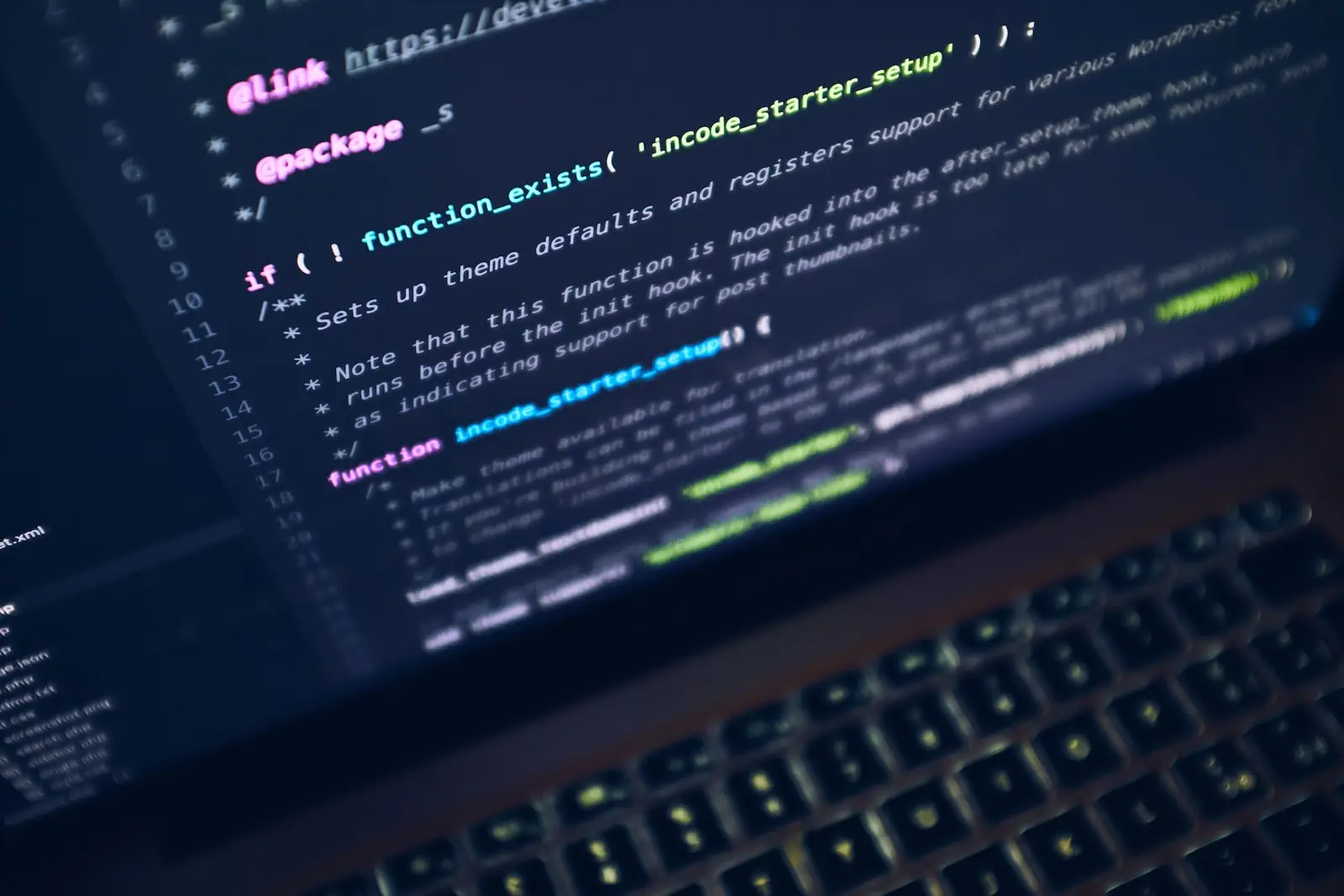Introduction
Software developers constantly seek innovative solutions to enhance productivity and streamline workflows in today’s fast-paced technological landscape. One groundbreaking development in this realm is the emergence of Generative AI and AI coding companions. These intelligent assistants, powered by advanced algorithms and machine learning techniques, have the potential to revolutionise the way developers write code, automate repetitive tasks, and improve overall code quality.
In this comprehensive article, we will explore the impact of Generative AI on developer productivity and how it can revolutionise how developers write code. Additionally, we will delve into the purpose of Generative AI in coding and discuss three prominent AI coding companions – CodeWhisperer by Amazon, GitHub’s Copilot, and ChatGPT. These tools, developed by industry leaders, leverage cutting-edge artificial intelligence algorithms to enhance code quality, automate tasks, and provide intelligent code suggestions. Let’s embark on this transformative journey and unlock the full potential of AI in software development.

What is Generative AI?
Generative AI (Artificial Intelligence), a branch of artificial intelligence, aims to develop algorithms that generate new and original content. By harnessing the power of neural networks and deep learning algorithms, Generative AI replicates human creativity and problem-solving skills. This technology has found applications across various industries, including software development, by providing new ways to generate high-quality code and streamline the coding process. AI algorithms can also make images, videos, and code by analysing data and generating new outputs (beapython.dev).
Definition: Generative AI vs. AI
In the context of this article, “Generative AI” refers to a specific branch of artificial intelligence that focuses on developing algorithms to generate new and original content. It aims to replicate human creativity and problem-solving skills using neural networks and deep learning algorithms. Generative AI models can understand and mimic patterns, characteristics, and styles within data sets, whether in art, music, or even coding. The purpose of Generative AI is to generate new content based on learned patterns and characteristics.
On the other hand, “AI” or “Artificial Intelligence” is a broader term encompassing a wide range of technologies and applications. It refers to developing intelligent systems that can perform tasks that would typically require human intelligence, such as understanding natural language, recognizing patterns, making predictions, and solving complex problems. AI encompasses various subfields, including Machine Learning, Deep Learning, Natural Language Processing, Computer Vision, and Robotics.
In summary, Generative AI is a specific subset of AI that focuses on generating new and original content, while AI is a broader term that encompasses a wide range of technologies and applications for emulating human intelligence.
The Purpose of Generative AI in Coding
Generative AI holds immense potential to revolutionise coding and developer productivity. By providing developers with coding assistance, suggesting new ideas for application development, and identifying bugs, Generative AI enhances the entire coding experience.
Generative AI Tools for Coding: Unleashing the Power of AI Coding Companions
In today’s rapidly evolving technological landscape, where software development has become increasingly complex, developers constantly seek innovative ways to enhance their productivity. This is where Generative AI tools step in, offering coding assistance powered by cutting-edge artificial intelligence algorithms. Let’s explore three prominent players in this field: CodeWhisperer by Amazon, GitHub’s Copilot, and ChatGPT.

CodeWhisperer: Empowering Developers with Advanced AI Algorithms
CodeWhisperer, developed by Amazon, leverages the power of deep learning algorithms and natural language processing to provide developers with intelligent coding suggestions and automate repetitive tasks. This invaluable tool enhances code quality and significantly reduces development time by generating high-quality code snippets and complete functions. With its contextual understanding of programming languages, CodeWhisperer improves the coding workflow and enables developers to focus on more complex tasks.
GitHub’s Copilot: Revolutionising Coding Efficiency
Another innovative AI coding assistant, GitHub’s Copilot, is powered by OpenAI Codex, a powerful language model trained on natural language text and Open-Source Code. By analysing billions of lines of code from a vast open-source repository, Copilot leverages its neural network to generate code recommendations and assist developers with real-time suggestions. This powerful tool eliminates potential errors, increases developer efficiency, and fosters seamless collaboration.
The upcoming version of GitHub’s Copilot X promises an improved experience with AI-powered software development experience that revolutionizes the coding process more than its predecessor, Copilot. Read more about it here: GitHub Copilot X.
ChatGPT: Combining Natural Language Understanding and AI Capabilities
ChatGPT, powered by OpenAI, combines natural language understanding with generative AI capabilities to assist developers in coding. With its language models, ChatGPT understands and interprets complex programming queries, allowing developers to access the knowledge and expertise of millions of lines of code. This AI companion becomes indispensable during code reviews, enabling development teams to ensure code quality and customer satisfaction.
AI Coding Companions: Transforming the Developer Experience
AI coding companions, powered by artificial intelligence and advanced neural networks, are revolutionising developer productivity. These intelligent tools enhance the coding process by providing valuable assistance throughout the development cycle. With their powerful algorithms and natural language processing capabilities, AI coding companions analyse code, offer intelligent suggestions, automate repetitive tasks, and improve code quality. By leveraging machine learning and deep learning techniques, these companions understand complex functions, generate code snippets, identify errors, and optimise performance. With the ability to save time, enhance productivity, and ensure code quality, AI coding companions have become invaluable tools for software developers.
Benefits: Intelligent Assistance Every Developer Needs
AI coding companions are transforming how software developers work by streamlining the development process and significantly enhancing productivity. These innovative tools leverage artificial intelligence and neural networks to automate repetitive tasks, generate code snippets, and provide intelligent suggestions and reviews. With AI-powered features, developers can now eliminate tedious and time-consuming tasks, allowing them to focus on more complex and creative aspects of software development.
Improving Code Readability with Natural Language Processing
Generative AI tools revolutionise the process of software development by improving code readability by applying natural language processing (NLP) techniques. These advanced tools harness the power of artificial intelligence to understand and analyse the context of the code, enabling them to provide intelligent suggestions for enhancing code readability. Generative AI tools identify areas where the code may be confusing or difficult to understand by interpreting the code as if written in human language. With this contextual understanding, these tools suggest improvements such as renaming variables or restructuring code, making it more precise and concise. Enhanced code readability facilitates collaboration within development teams, improves long-term code maintainability, and reduces errors introduced during modifications.
Code Quality: Ensuring Excellence with AI-Powered Tools
Code quality is critical to software development, impacting the final product’s efficiency, maintainability, and reliability. With the advent of AI-powered tools, developers now have potent assistants to revolutionise their coding process and ensure code quality. By leveraging artificial intelligence and machine learning algorithms, including neural networks and NLP, these tools offer intelligent code suggestions, automate code quality checks, and enforce industry best practices. They identify potential errors, suggest improvements, and optimise code performance, leading to higher-quality software and enhanced customer satisfaction.
Automated Error Identification and Best Practices Implementation
AI-powered coding companions are crucial in automating error identification and implementing best coding practices. These companions utilise advanced algorithms and machine learning techniques to analyse code and suggest improvements based on industry standards and guidelines. By automatically identifying potential errors, they save developers time and effort, ensuring the production of high-quality code. Furthermore, real-time suggestions and completions provide adherence to best practices, optimise code performance and enhance security. While these tools automate many aspects of coding, it is crucial for developers to actively evaluate the generated code to align it with project requirements and coding standards.

Automatic Coding Refactoring: Clean Code for Better Collaboration
AI coding companions can drastically improve development by applying automated refactoring techniques. Automatic refactoring is a process that identifies areas within code that need improvement based on industry standards and best practices and then automatically suggests ways to optimise it. This ensures code quality, improves readability and enhances maintainability. AI coding companions leverage artificial intelligence technology and neural networks to analyse code and apply automated refactoring techniques. These tools detect potential errors, offer intelligent suggestions for improving code readability, suggest variable names that make more sense in the context of the project, and even generate new code snippets to replace existing inefficient ones. By automating the refactoring process, AI-powered coding companions revolutionise software development by drastically reducing development time while improving productivity and ensuring high-quality output.
Conclusion: Unleashing the Potential of AI-Powered Software Development
In this comprehensive exploration of Generative AI and AI coding companions, we have witnessed the transformative power of these technologies in revolutionising developer productivity and improving code quality. From CodeWhisperer’s contextual code suggestions to GitHub’s Copilot’s real-time assistance and ChatGPT’s language understanding capabilities, AI coding companions offer invaluable support to developers throughout the development process. By automating repetitive tasks, enhancing code readability, ensuring code quality, and enforcing best practices, these intelligent tools streamline software development and empower developers to focus on innovation and problem-solving. As the field of artificial intelligence continues to advance, the potential for further innovation in AI coding companions remains boundless. Developers worldwide now have an array of AI-powered tools, empowering them to take their coding prowess to new heights and build high-quality software that drives innovation and improved customer satisfaction with better software.

